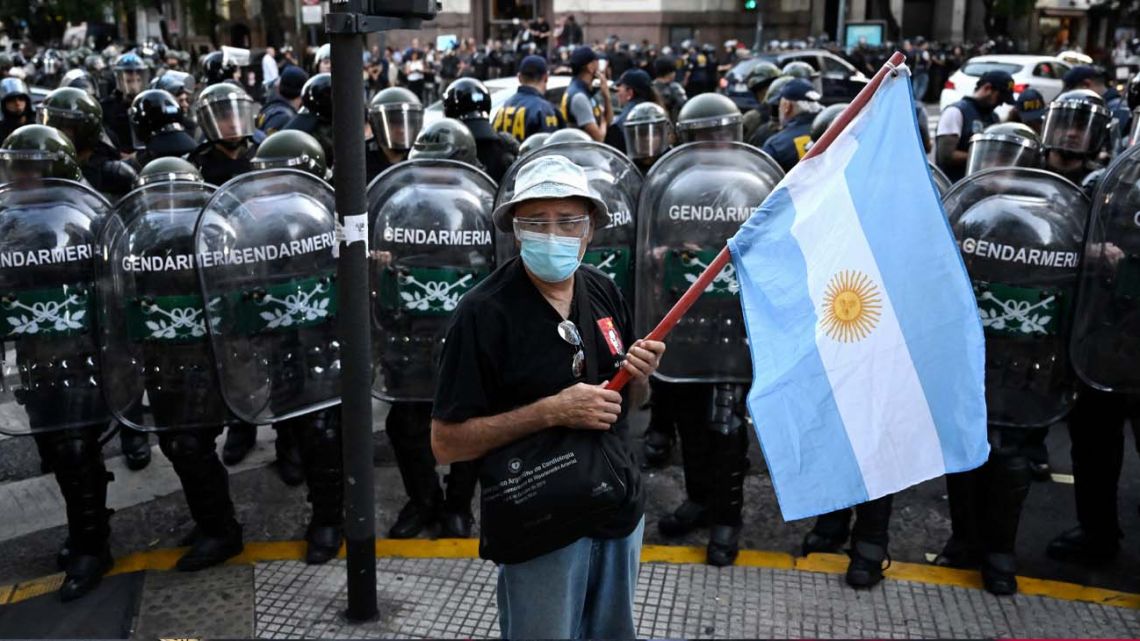Brazilian markets face a critical day today, shaped by key domestic and international economic releases that will provide deep insights into inflation trends, industrial output, and economic resilience amid escalating global trade tensions.
At 03:00 AM (BRT), the IPC-Fipe Inflation Index (MoM) for March (previous: 0.51%) will offer a window into Brazil’s inflationary pressures, a vital metric as the country braces for potential cost increases tied to U.S. tariffs.
Rising inflation could squeeze consumer spending and influence Central Bank rate decisions, impacting investor confidence.
At 07:30 AM (BRT), Bank Lending (MoM) for February (previous: 0.0%) will reveal credit availability trends, critical for gauging domestic economic momentum amid global uncertainty.
At 08:00 AM (BRT), Industrial Production data for February—both MoM (previous: 0.0%) and YoY (previous: 1.4%)—will signal the health of Brazil’s industrial sector, a key driver of GDP and exports, especially under the shadow of looming trade barriers.
Finally, at 13:30 PM (BRT), Foreign Exchange Flows (previous: -3.664B) will highlight capital movement trends, reflecting investor sentiment toward Brazil as a safe haven or risk asset in a volatile global environment.
 Brazil’s Financial Morning Call for April 2, 2025. (Photo Internet reproduction)
Brazil’s Financial Morning Call for April 2, 2025. (Photo Internet reproduction)Globally, at 08:15 AM (EST) / 09:15 AM (BRT), the U.S. ADP Nonfarm Employment Change for March (consensus: 118K, previous: 77K) will provide an early look at U.S. labor market strength ahead of Trump’s tariff announcements.
As a major trading partner, U.S. job growth directly affects demand for Brazilian goods, influencing commodity prices and the real.
At 10:30 AM (EST) / 11:30 AM (BRT), U.S. Crude Oil Inventories (previous: -3.341M) will drive energy market sentiment, critical for Brazil’s oil export revenues via Petrobras. A build could depress prices, while a draw might bolster them, shaping fiscal outlooks.
These releases are pivotal as they shape investor confidence, currency dynamics, and Brazil’s economic strategy in a volatile global environment intensified by U.S. tariff policies set to take effect today.
Economic Agenda for April 2, 2025
Brazil
- 03:00 AM – IPC-Fipe Inflation Index (MoM) (Mar): Actual TBD, consensus TBD, previous 0.51%. Tracks monthly inflation in São Paulo, signaling cost pressures that could affect monetary policy and consumer demand.
- 07:30 AM – Bank Lending (MoM) (Feb): Actual TBD, consensus TBD, previous 0.0%. Measures credit growth, reflecting economic activity and banking sector confidence amid trade uncertainties.
- 08:00 AM – Industrial Production (MoM) (Feb): Actual TBD, consensus TBD, previous 0.0%. Gauges monthly industrial output shifts, key for assessing manufacturing resilience.
- 08:00 AM – Industrial Production (YoY) (Feb): Actual TBD, consensus TBD, previous 1.4%. Tracks annual industrial growth, critical for export and GDP outlooks under tariff pressures.
- 13:30 PM – Foreign Exchange Flows: Actual TBD, consensus TBD, previous -3.664B. Monitors capital inflows/outflows, a barometer of investor trust in Brazil’s economy.
United States
- 08:15 AM (EST) – ADP Nonfarm Employment Change (Mar): Actual TBD, consensus 118K, previous 77K. Early indicator of U.S. job growth, influencing demand for Brazilian exports and commodity markets.
- 10:30 AM (EST) – Crude Oil Inventories: Actual TBD, consensus TBD, previous -3.341M. Impacts global oil prices, directly affecting Brazil’s energy sector and fiscal revenues.
Brazil’s Markets Yesterday
Brazil’s Ibovespa climbed 0.68% to 131,147 points on April 1, 2025, buoyed by commodity giants Petrobras and Vale despite looming U.S. tariffs.
The index’s modest daily gain reflects cautious optimism as investors weighed strong commodity performance against global trade risks.
Petrobras shares rose 1.22%, supported by Brazil’s oil output gains in February 2025, even after a strategic 4.6% diesel price cut to maintain competitiveness.
Vale gained 1.94%, lifted by a 1.86% surge in Chinese iron ore prices and a $1 billion renewable energy joint venture with Global Infrastructure Partners, signaling robust commodity demand. Retailer Assaí led gains at 5.2%, while Natura slid 3.1% on margin concerns, highlighting mixed sector performance.
The Brazilian real strengthened 0.4% to R$5.68 against the dollar, as detailed in, reflecting resilience amid tariff fears.
Commodities
Oil Prices
Oil markets struggled for direction as tariff fears clashed with OPEC supply adjustments, creating uncertainty for Brazil’s Petrobras and oil export revenues. A potential inventory draw today could shift sentiment, impacting fiscal projections.
Gold Prices
Gold retreated from its April peak to $3,133 as momentum waned, yet remains a safe-haven bolster for Brazil’s mining sector amid geopolitical volatility. Persistent tensions sustain demand, supporting export stability.
Copper Prices
Copper held steady at $5.09, driven by global supply concerns and stimulus-fueled demand in renewable energy and AI sectors, strengthening Brazil’s commodity export outlook. Vale’s gains underscore this trend.
Cryptocurrencies
Crypto markets braced for impact as geopolitical tensions fueled volatility, with altcoins leaping and Bitcoin steady, influencing Brazil’s fintech sentiment. The dual listings reflect divergent investor risk appetites.
Companies and Market
Petrobras: Rose 1.22% despite a 4.6% diesel price cut, buoyed by output gains and a landmark energy transition deal with France’s IFPEN, signaling strategic resilience amid tariff pressures.
Vale: Gained 1.94% as iron ore prices climbed 1.86% in China, reinforced by a $1 billion renewable energy venture with Global Infrastructure Partners, highlighting strength in Brazil’s commodity sector.
Embraer: Secured a strategic Swedish deal for C-390 jets, boosting aerospace prospects and diversifying Brazil’s export portfolio amid trade uncertainties.
Eletromidia: Revenue jumped 26.5% in 2024 amid expansion, reflecting advertising sector growth and resilience in domestic demand.

 By The Rio Times | Created at 2025-04-02 09:21:19 | Updated at 2025-04-04 21:28:54
2 days ago
By The Rio Times | Created at 2025-04-02 09:21:19 | Updated at 2025-04-04 21:28:54
2 days ago








